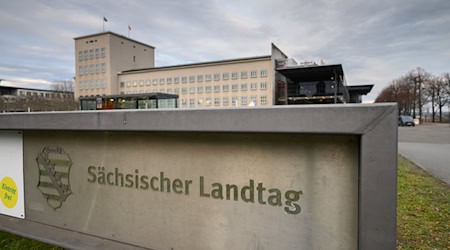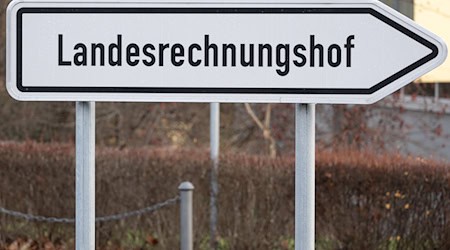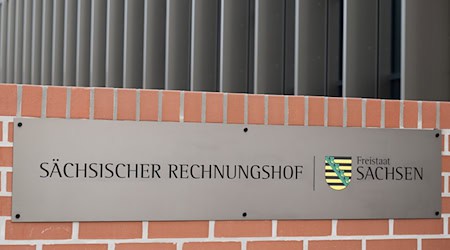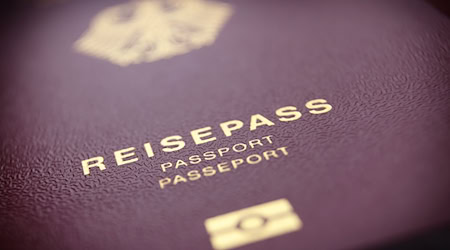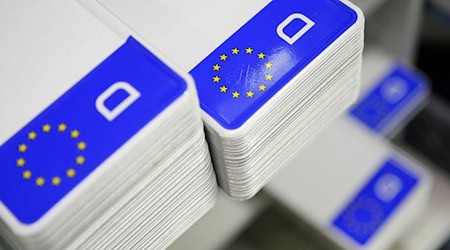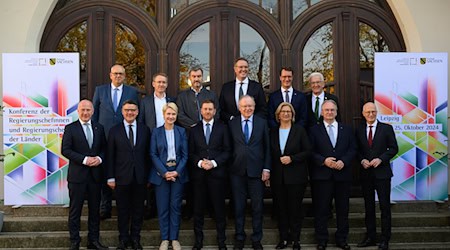Following the latest warning issued to Chinese online retailer Temu by consumer protection organizations, Saxony's Minister of Economic Affairs Martin Dulig has warned of the dangers for the local economy. "If we want product safety and fair competition, we need functioning market surveillance," said the SPD politician in Leipzig on Wednesday. With hundreds of thousands of parcels ordered online every day that arrive by plane from outside the European Union, the scale of the task quickly becomes clear.
Consumer groups submitted complaints against Temu to the European Commission and the relevant authorities in numerous EU countries last week. Test purchases revealed that 95 percent of the toys purchased on Temu contained toxic pollutants. The booming online marketplace was said to be in breach of the new EU Digital Services Act (DSA). In addition, Temu often leaves consumers in the dark about who they are buying the products from.
For Dulig, the rules are clear: anyone who places a product on the market in the EU must ensure that it complies with safety regulations. To guarantee this safety, a combination of labeling and effective controls is used. The globally recognized German GS mark ("tested safety") or the CE mark are intended to help consumers choose products.
"I need to know that a conspicuously low price often means that a toy, a smoke detector, clothing or cosmetics come directly from outside the EU," Dulig continued. As a so-called direct import, the product is not necessarily subject to inspection. This could lead to risks and harm the domestic economy, which abides by the rules. However, complete market surveillance is impossible. "Consumers must therefore also ensure the safety of the products themselves."
From the point of view of the Bund für Umwelt und Naturschutz Deutschland (BUND), however, the CE marking is not necessarily a guarantee of quality and good workmanship. It is not a seal of approval. Manufacturers only use the mark to confirm that their goods meet all safety requirements. According to BUND, the reality is often different: Toys, for example, can still be contaminated with harmful substances - far above the legal limits.
Copyright 2024, dpa (www.dpa.de). All rights reserved



